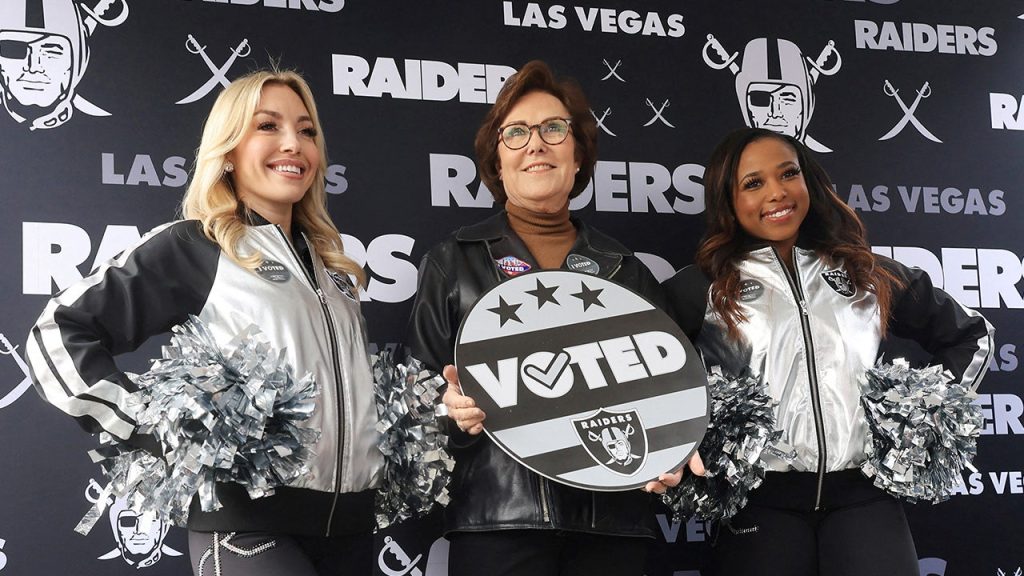Senator Jacky Rosen, a recently re-elected Democrat from the swing state of Nevada, is championing a significant shift in the Democratic presidential primary process: she proposes making Nevada the first-in-the-nation primary state in 2028. Her argument centers on Nevada’s demographic diversity, mirroring the national landscape and offering a more accurate reflection of the Democratic electorate. This push for change comes as the Democratic Party grapples with internal leadership transitions and re-evaluates its strategies for connecting with voters. Rosen’s proposal challenges the traditional dominance of states like Iowa and New Hampshire, advocating for a more representative starting point in the presidential race.
Rosen emphasizes Nevada’s diverse population as its strongest selling point. The state boasts one of the fastest-growing Asian American, Native Hawaiian, and Pacific Islander populations, alongside a vibrant Black community and a strong labor presence. This demographic tapestry, combined with significant veteran and senior populations, offers a microcosm of the national electorate, allowing candidates to engage with a broad spectrum of concerns and perspectives. Rosen argues that starting the primary process in Nevada would force candidates to address issues relevant to a diverse electorate from the outset, leading to more inclusive and representative policy platforms.
The Nevada Democratic Party echoes Rosen’s sentiments, arguing that prioritizing a working-class, diverse state like Nevada is crucial for rebuilding the Democratic coalition and appealing to voters of color. The state’s unique blend of industries, including tourism, offers a comprehensive view of economic realities, allowing candidates to address diverse economic concerns. This push for a Nevada-first primary reflects a growing awareness within the Democratic Party of the need to prioritize inclusivity and address the concerns of a broader range of voters.
Rosen’s advocacy for Nevada comes amid a period of transition within the Democratic Party. With DNC Chairman Jaime Harrison stepping down after the 2024 election, the party is poised for new leadership and potentially new strategic directions. The Nevada primary proposal is thus not only a logistical suggestion but also a symbolic statement about the party’s future priorities. By elevating a diverse state like Nevada, Democrats could signal a commitment to inclusivity and a focus on issues affecting a broader range of Americans.
The debate surrounding the primary calendar is further complicated by the recent decision to make South Carolina the first primary state in 2024, a move that sparked considerable controversy, especially from New Hampshire, which historically held the first-in-the-nation primary. Rosen’s proposal adds another layer to this ongoing discussion, highlighting the increasing competition among states to claim the coveted first spot in the primary process. This competition reflects the importance of early primary states in shaping the narrative and momentum of presidential campaigns.
Rosen’s own recent re-election, a narrow victory in a state that also favored Donald Trump in the presidential election, underlines the importance of understanding and engaging with diverse electorates. She attributes her success to a bipartisan approach, emphasizing her ability to “agree where you can, fight where you must,” and focusing on practical solutions. This pragmatic approach, she argues, is crucial for Democrats seeking to win competitive races, particularly in swing states like Nevada. Her advice to fellow Democrats is to prioritize listening to constituents, understanding their concerns, and finding common ground to achieve tangible results. This focus on practicality and bipartisanship reflects the political realities of a deeply divided nation and the challenges Democrats face in navigating this landscape.

